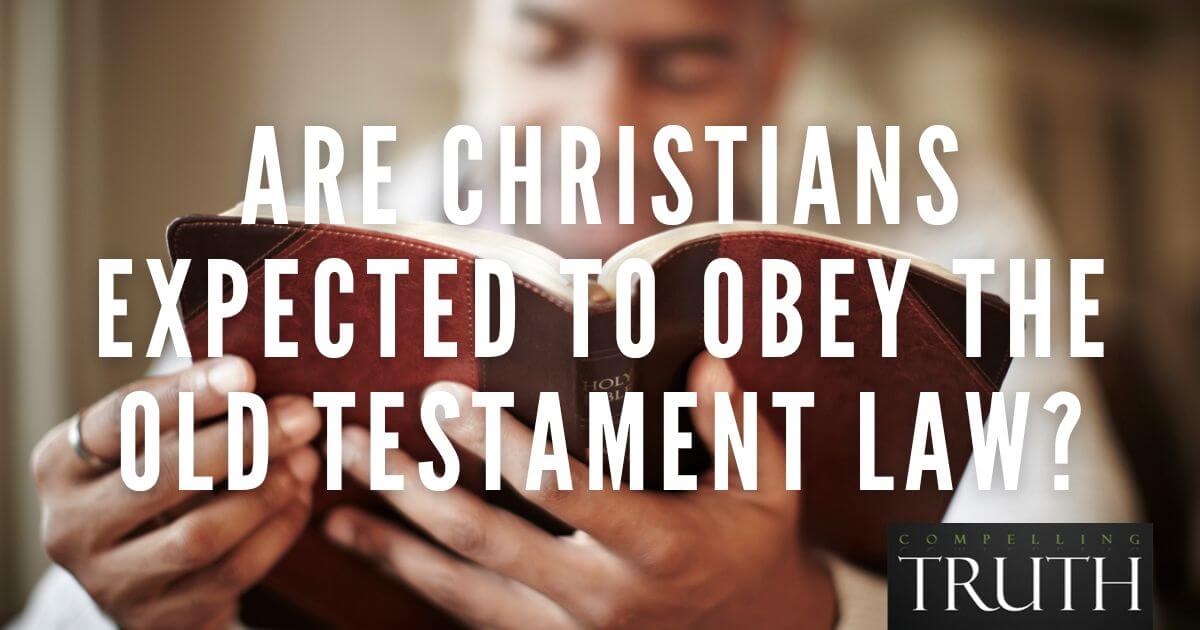what does the bible say?
In Luke 16:17 Jesus says, "But it is easier for heaven and earth to pass away than for one dot of the Law to become void." In Matthew 5:17–18, as part of His Sermon on the Mount, Jesus says, "Do not think that I have come to abolish the Law or the Prophets; I have not come to abolish them but to fulfill them. For truly, I say to you, until heaven and earth pass away, not an iota, not a dot, will pass from the Law until all is accomplished." It is important to keep Jesus' statements in context. In Luke He said, "The Law and the Prophets were proclaimed until John" (Luke 16:16, NIV). He quickly follows that statement in verse 17 with an affirmation of the Law's permanence, to curtail any thinking that John the Baptist's coming had somehow voided the Law. Even as the kingdom was being preached to the nation of Israel, the Law held its proper place as the revelation of God's holy standard. As John MacArthur puts it, "The great moral principles of the law, the eternal truths contained in the law's types and symbols, and the promises recorded by the prophets all remain in force and are not abrogated by the kingdom message" (Study Helps, The MacArthur Study Bible, 1997).




